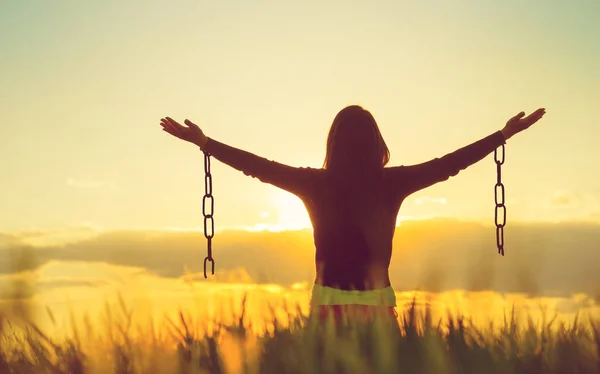Haggadah: In every generation, it is incumbent upon each of us to see ourselves as if we went out of Egypt
Along the journey of the Passover seder, there are many favorite milestones: the four questions, hiding and searching for the afikomen, singing Dayenu, recounting the plagues, playing the four children, opening the door for Elijah, singing “Who Knows One?” and “Chad Gadya”, the opening invitation Let all who are hungry come and eat and the closing Next year in Jerusalem! And, of course, the four cups of wine and the festive meal. All those moments—and many more—form memorable chapters in our freedom story.
Yet I believe the most important line in the Haggadah, which speaks to the essence of the Pesach experience, is this: In every generation, it is incumbent upon each of us to see ourselves as if we went of Egypt/Mitzrayim.
For all of our tradition’s emphasis on honoring our past, this passage reminds us that, contrary to what many of us are taught, Passover is not about recalling what [may have] happened to our ancestors 3500 years ago—it is, instead, about our own lives, here and now. The mitzvah at the heart of the holiday is not to remember our national history but to re-experience it every year as a timely call to renewal and liberation for ourselves and our communities. The Holy One challenges each of us to reflect upon what enslaves us, individually and communally, and find ways to free ourselves from those burdens. The Hebrew word for Egypt, Mitzrayim, means “a narrow place.” This spring festival of deliverance is the season to open our hearts and broaden our horizons, to do our part to move ourselves and our world a little closer to the Promised Land and its embodiment of justice, compassion, hope and peace. In a time and place that is so often filled with narrow bigotries and hard-hearted attacks on the most vulnerable among us, let us draw upon this alternative vision and begin to lead the way toward its realization.
Chag Sameach!

No comments:
Post a Comment